A diplomacy of song and dance
The Latin American region already identifies with India through its pop culture, so India needs to capitalise on this goodwill to deepen its diplomatic relations with the region.
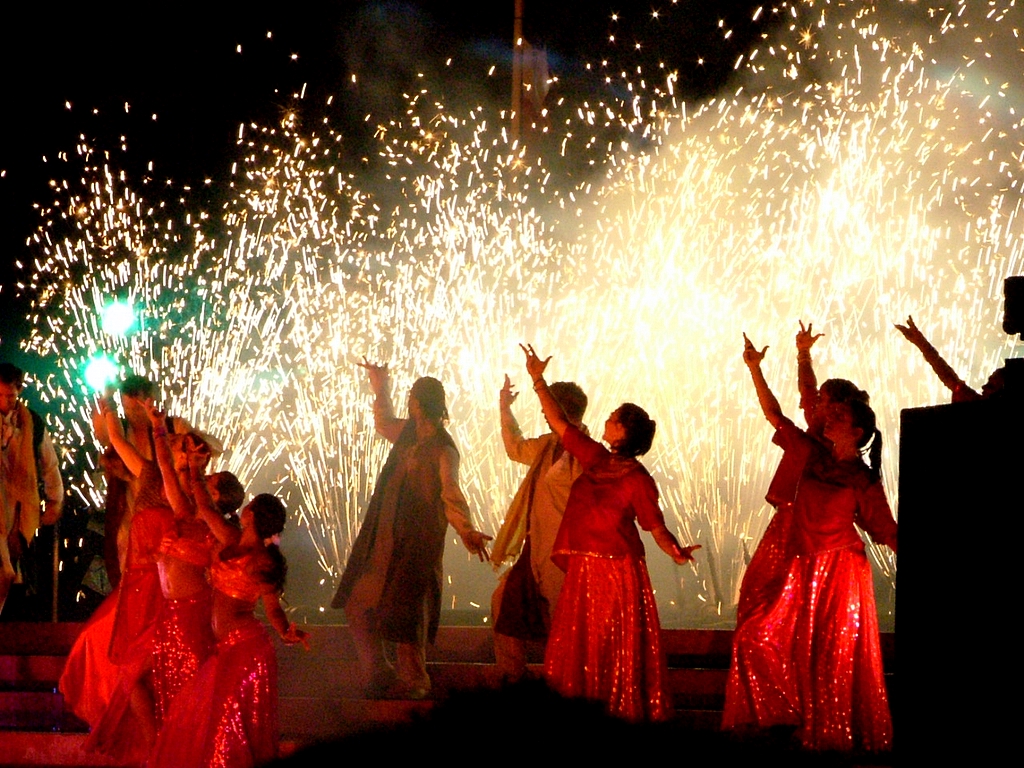 Courtesy:
Courtesy:
The Latin American region already identifies with India through its pop culture, so India needs to capitalise on this goodwill to deepen its diplomatic relations with the region.
 Courtesy: ustr.gov
Courtesy: ustr.gov
The Trans-Pacific Partnership has dropped strong Intellectual Property Rights regulations on India’s doorstep. The implications of these regulations could affect India’s own policies, as well as her global aspirations towards the potential Regional Comprehensive Economic Partnership.
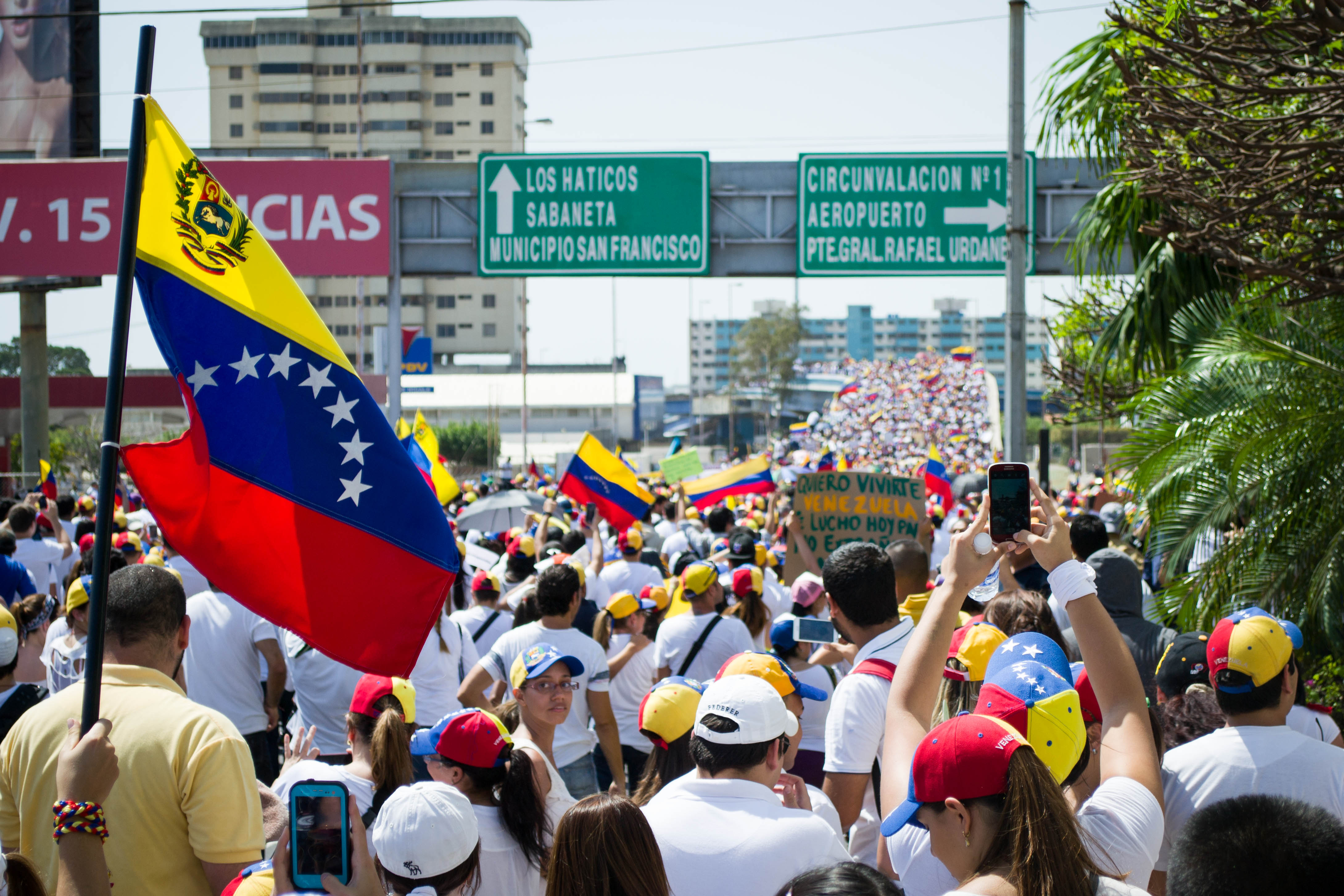 Courtesy: Wikipedia
Courtesy: Wikipedia
Despite major political change in Brazil, Argentina, and Venezuela due to global economic tumult, it may be premature to speak of a rightward shift in Latin American politics. Yet, developments in these democracies need to be monitored carefully as India has a stake in their political stability.
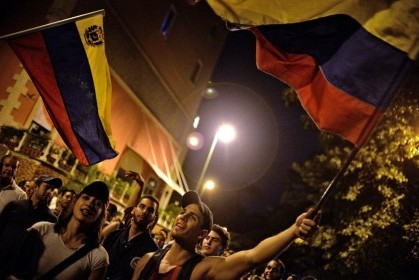 Courtesy: Getty Images
Courtesy: Getty Images
Despite the Venezuelan opposition's victory in the December 6 legislative elections, 2016 will likely see a rise in political confrontations and a deepening economic crisis in Venezuela. The India-Venezuela bilateral will remain mostly unaffected and continue to be focused on oil.
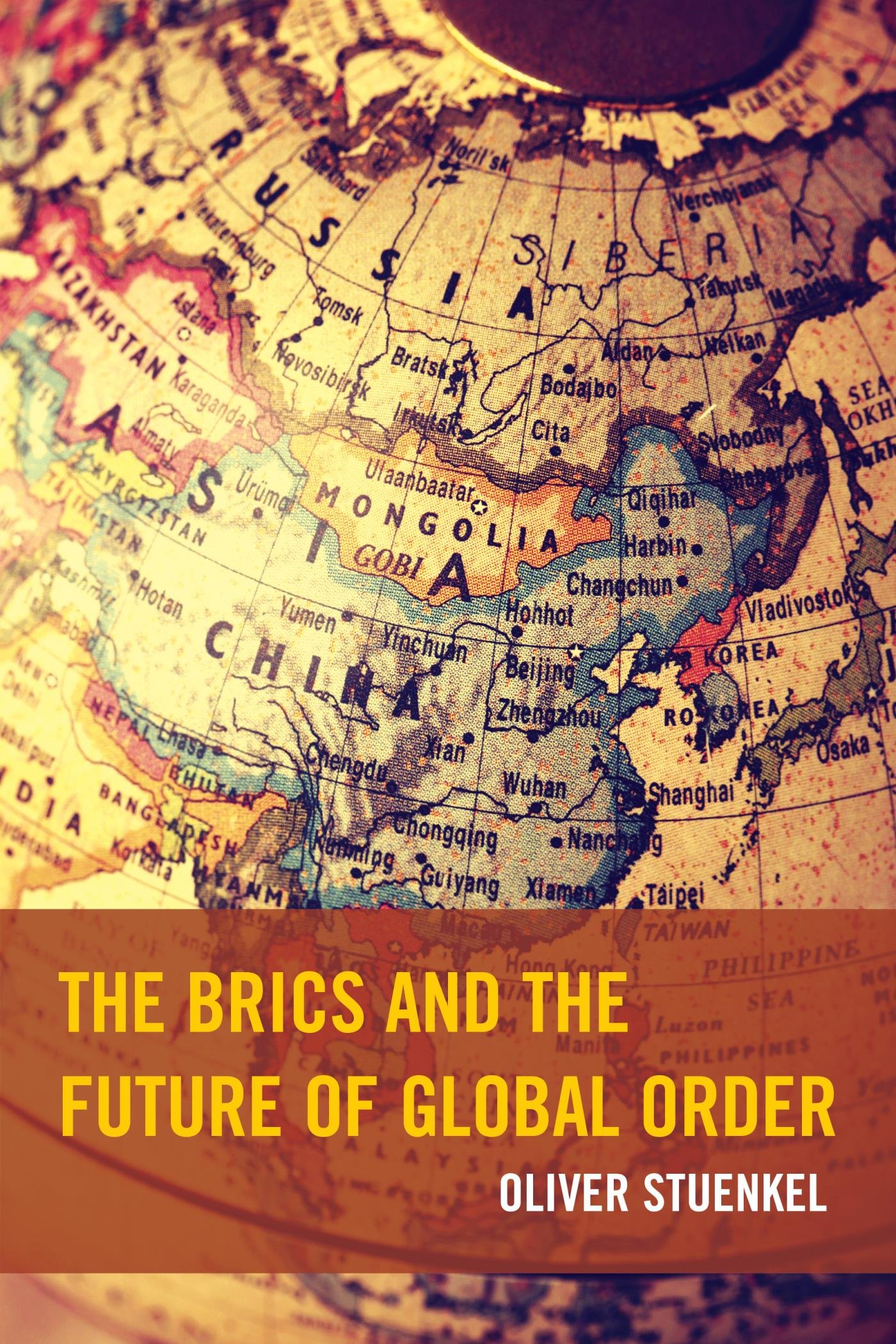 Courtesy: Lexington Books
Courtesy: Lexington Books
Oliver Stuenkel's book provides a well-researched account of the evolution of BRICS – starting from the forum’s inception in 2009 to the present – and the interactions between Brazil, Russia, India, China and South Africa on global issues.
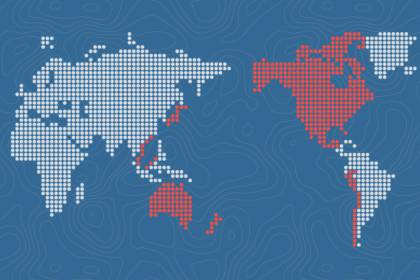 Courtesy: ustr.gov
Courtesy: ustr.gov
The U.S.-driven Trans Pacific Partnership agreement between 12 countries, which is aiming to become the new standard of world trade, impacts domestic systems globally. For India, it will skew investment and intellectual property rights, and especially the debate over the Investor State Dispute System which allows companies to challenge sovereign rights and public policy.
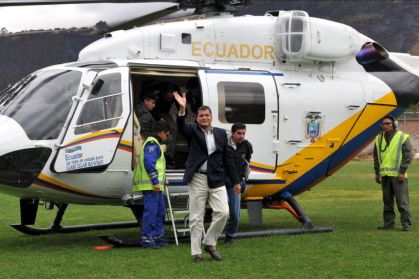 Courtesy: Presidencia Ecuador / Flickr
Courtesy: Presidencia Ecuador / Flickr
The Ecuadorian president’s first-ever state visit to India this month was cancelled, possibly because four of seven helicopters supplied by HAL to Ecuador have crashed. But this hurdle can be overcome, and ties between the two countries can expand beyond defence and oil to sectors such as pharma, IT, and agribusiness.
 Courtesy: Wikipedia
Courtesy: Wikipedia
Although it is too soon to comprehensively analyse the Trans-Pacific Partnership agreement of October 5, it is worth assessing what is known. Here are the facts, the controversies, the assessments, and the implications for countries that are not part of the agreement, especially India.
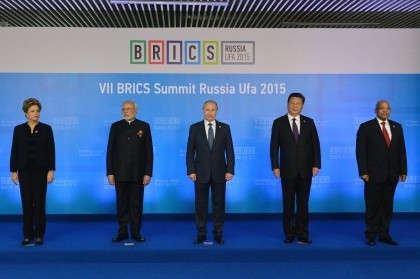 Courtesy: Wikipedia
Courtesy: Wikipedia
At a recent international seminar on BRICS Studies, in addition to the predictable themes such as building a multipolar world order and the One Belt One Road project, fresh ground was also covered, including the contours of the New Development Bank and the potential impact of the refugee crisis on BRICS countries.
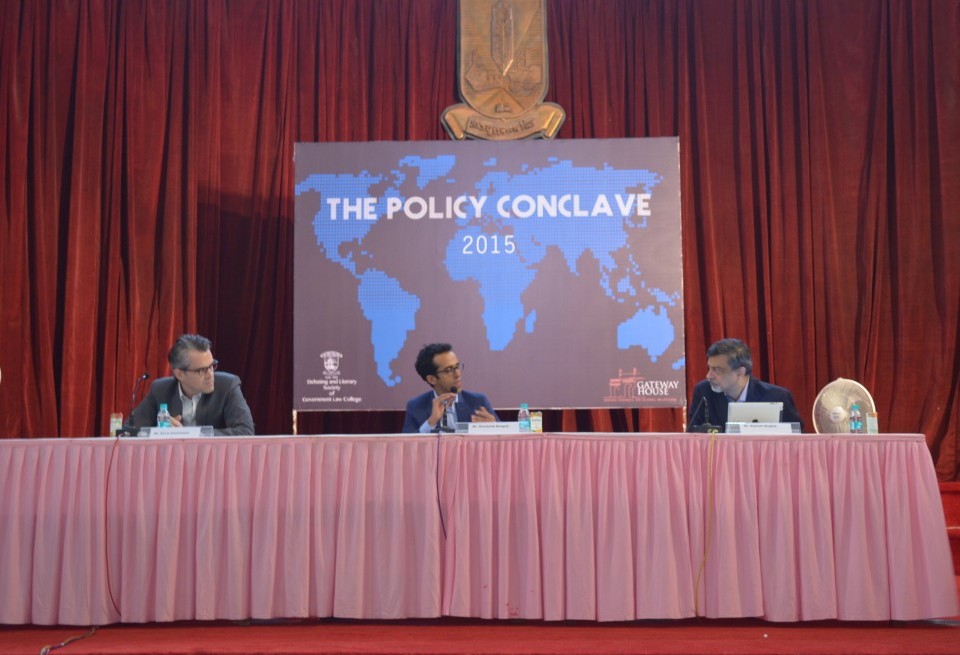 Courtesy:
Courtesy:
GLC Policy Conclave Session 1: The New Financial World Order Shashank Bengali (SB): So, Rajrishi, can you tell us basically what the circumstances were that led to the development of these new multilateral institutions? How did we get here? Read more